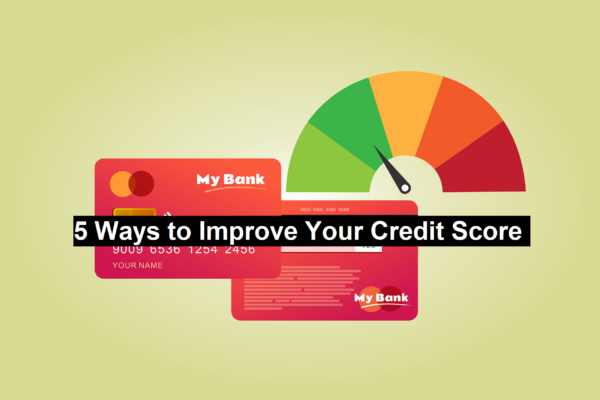If you’re struggling with debt, you’re not alone. While debt may be helpful in certain situations, it can easily spiral out of control.
As the cost of living crisis pushes more households into debt, statistics show that 6.7 million people in the UK are facing financial difficulties in 2024.
Learning how to manage debt effectively has become essential for maintaining your financial well-being. Whether you’re looking to secure little loans, make major purchases, or improve your financial health, you need to understand how to manage your debt obligations.
It can be tempting to ignore your debt altogether, but denial isn’t the answer. You need to know how to approach different debts and be smart about how you deal with them.
Depending on your unique situation, your methods may vary, but creating a plan and understanding the available options is a step that everyone can take. If you want to achieve financial stability and long-term financial success, managing your debt effectively is an essential skill you need to learn.
If you’ve got multiple debt obligations, you may feel overwhelmed, but you don’t need to be. With the right strategies, you can effectively regain control of your finances.
In this guide, we’ll explore three effective strategies to manage your debt obligations and help you get your finances back on track:
1. Understand Your Debt
When it comes to managing debt, the first step is being honest with yourself about your current financial situation and fully understanding what you owe.
Create a detailed list of your debts, including credit card balances, loans, and any other financial obligations. Write down the interest rates, monthly payments, and due dates for each of these.
Having a clear understanding of your debt situation is the foundation for creating an effective debt management plan. This information will help you prioritise debts with higher interest rates or those that can boost your credit score when paid off. Understanding your debt allows you to make informed decisions regarding where to focus your efforts first.
Read: The Impact of Interest Rates on Corporate Bond Prices
2. Prioritise Debt Payments
If you want to effectively manage your debt obligations, start by prioritising payments. Create a list of your debts along with their interest rates and balances owed.
Typically, high-interest debts take higher precedence over low-interest ones, as they accumulate interest more quickly and can become more expensive over time. By focusing on your high-interest debts first, you can reduce the total interest paid and potentially pay off your debt more quickly.
This strategy is called the debt avalanche method and helps you reduce your debt burden efficiently. With the avalanche method, you make the minimum payments on all your debts, without throwing any extra money towards your highest-interest debt until it’s completely paid off.
Another strategy for prioritising debt payments is the snowball method. Here, you’d pay off smaller debts first to gain quick wins and build momentum. This will give you a psychological boost that motivates you to continue paying off large debts as soon as possible.
No matter which method you choose, consistency is key. Set up automatic payments to ensure you never miss a date and avoid any late fees or additional interest charges. Regularly review your repayment plan to stay focused and track your progress.
Prioritising your debt payments will help you make significant progress towards repaying your debt obligations.
3. Pay More Than the Minimum Due
Paying more than the minimum due on your bets is an effective strategy for eliminating debt. Paying only the minimum due keeps you in debt for a longer period, as payments mainly cover interest and only a small amount goes towards the principal balance.
By paying more than the minimum, you can directly reduce the principal amount and cut down on the interest you’ll owe over time. This approach will help you accelerate debt repayment and save you money in interest charges.
Making consistent payments of more than the minimum due can also improve your credit score. This improved score can then lead to better interest rates on future loans and other credit options, reducing your debt burden in the future.
If you want to make a bigger dent in your debt payoff, set aside a portion of any extra money, whether it’s a bonus or a raise, towards your debt repayment. By consistently paying more than the minimum amounts, you can make significant progress towards reducing your debt.
To Sum Up
Managing debt is not easy, but having the right strategies in place can make the process go more smoothly.
Discussing money is not something that comes naturally to many of us, and at times, it can be difficult to even admit you struggle with debt. However, facing this issue head-on is the first step to making progress and regaining control of your finances.
Smart debt management is all about understanding your financial situation, making informed decisions, and staying disciplined. By following the above strategies and educating yourself through reputable financial sources, you can work towards a more secure financial future.
While the process may be challenging initially, the benefits of reduced debt will have you feeling much lighter. Through consistent effort and smart financial practices, you’ll soon see improvements in your financial health.




